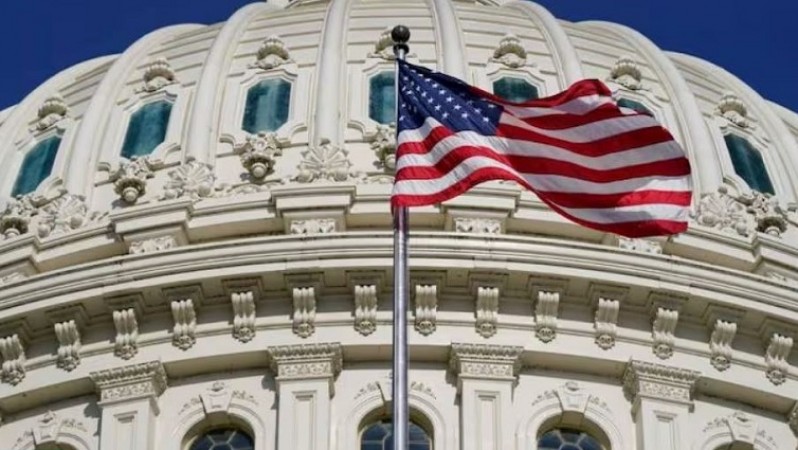
In a recent development, a United States judge has turned down a plea by Indian national Nikhil Gupta, who faces charges from federal prosecutors in connection with an alleged murder-for-hire plot targeting a Khalistani separatist on American soil.
The decision was made by United States District Judge Victor Marrero on Thursday, denying a motion filed by Gupta's attorney seeking access to discovery materials in the case.
Gupta, aged 52, was indicted by federal prosecutors last November for his alleged involvement in a foiled plot to kill Khalistani separatist Gurpatwant Singh Pannun, a dual US and Canadian citizen. Pannun was the intended target of the murder-for-hire scheme.
Arrested in Prague, the Czech Republic, on June 30, 2023, Gupta is currently held there, with the US government actively pursuing his extradition.
In his order, Judge Marrero emphasized that the government's argument, asserting that Gupta has no right to discovery at this stage, was convincing. The judge referred to Federal Rule of Criminal Procedure 16.1, which mandates the government and the defendant's attorney to establish a timetable and procedures for pretrial disclosure within 14 days after the arraignment.
Judge Marrero noted that Gupta has not yet been arraigned in the case, and the government is in the process of extraditing him. The government assured the court of its readiness to provide discovery once Gupta appears in the US and is arraigned.
As a result, Judge Marrero denied Gupta's motion, stating, "Accordingly, Gupta's motion is denied."
Gupta's counsel, Jeff Chabrowe, had previously filed a 'Motion to Compel Production of Discovery' on January 4 in the US District Court, Southern District of New York. The motion sought the court's direction to federal prosecutors to furnish defense materials relevant to Gupta's ability to defend against the charges.
The US government objected to providing the defense materials in its response, stating that it would only do so upon Gupta's appearance in a New York court and his arraignment in the case. Federal prosecutors argued that, in line with federal rules, discovery would be provided promptly upon the defendant's appearance and arraignment, and Gupta had no entitlement to it before then.
US Attorney Damian Williams, in the government's response, highlighted that Gupta had not demonstrated any legal entitlement or justification for discovery at this stage. "The government stands ready to provide discovery to him, like any other criminal defendant, promptly upon his appearance and arraignment in this District. His motion to compel discovery should be denied," Williams asserted.
Retaliatory Airstrikes in Yemen Elicit Warning from Houthi Rebels
Several Countries Condemn Alleged Transfers of Weapons from Russia to North Korea